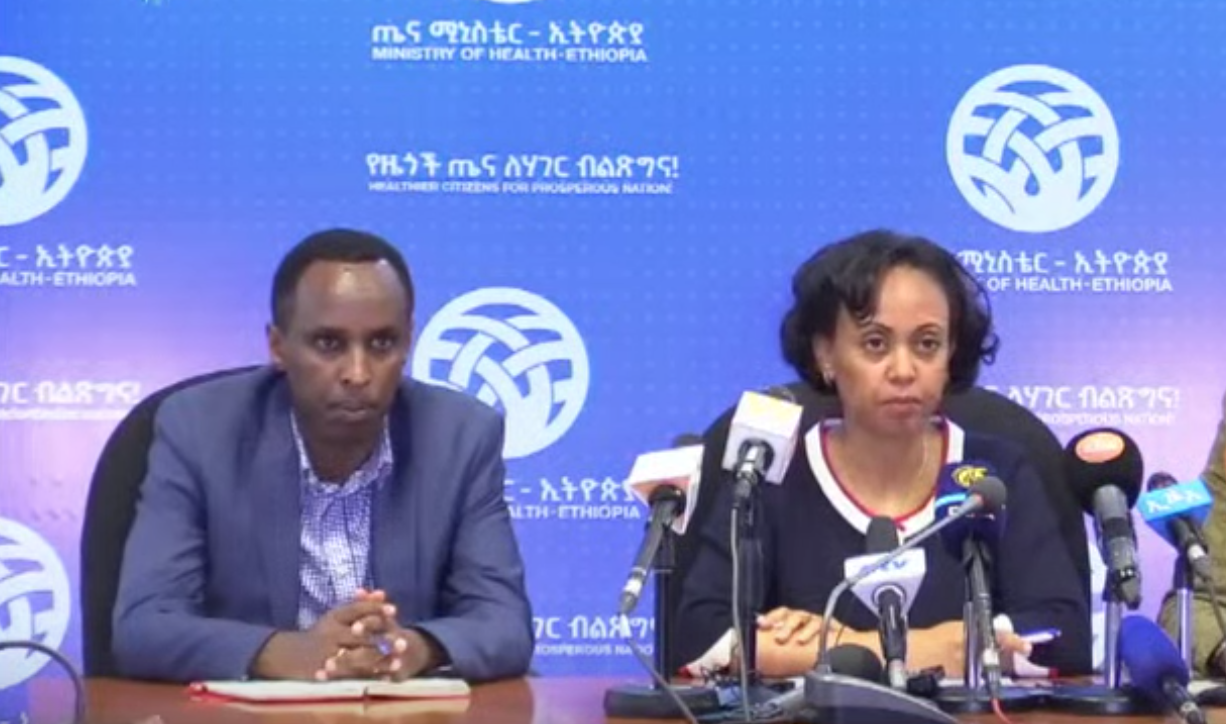
Radar | Sep 10,2022
Jun 8 , 2019
By Haben Mehari
Capable talent is required if Ethiopia is going to push higher on a growth trajectory. During the start of his administration, Prime Minister Abiy Ahmed (PhD) emphasized that education will be one of his administration’s signature focuses. One of the administration’s plan was to send gold medalist university graduates to ivy league colleges around the world to pursue their education.
The growth in Ethiopia has attracted several multinational corporations such as Unilever, Diageo and Heineken. Their entry into the Ethiopian market has been made possible by leveraging local partners for their distribution. Heineken's acquisitions of Bedelle and Harar Beer and Diageo's acquisition of Meta follow a similar model.
One of the major challenges for these companies is the gap between demand and supply of talent at different levels. High unemployment rates point to a surplus of labor. Yet companies report great difficulty finding and retaining the skills most important for their growth.
The issue is the same all over Africa. A survey of some of the leading companies in Africa showed 39pc of respondents find it difficult to fill jobs in Africa. This issue clearly shows that the education being provided in the countries are not adequate to fulfill the demand.
The new education roadmap should take into account the need for Ethiopia to create world-class institutions renowned for their quality not just in the country but all across the world. In this regard, the premier Indian educational institutions can provide us with a good model to emulate.
The Indian government has in place top quality technical and business educational institutions, thanks to the creation and funding of premier IITs (Indian Institute of Technology) and IIMs (Indian Institute of Management).
There are currently 16 technological institutions in India. These are considered the best institutions in the country for engineering education and research. IIMs, the best institutions for management studies, were first established in 1961 and now 20 of them are in operation.
These institutions are autonomous public institutions, and only the top students through the national examination scheme get in. The entrance exam for these schools are considered to be among the toughest exams in the world, and less than one percent of the students that take the exam are accepted into the institutions.
Indians, through these institutions, have built a reputation for their educational strength. They have produced exceptional talent over the years. Indra Nooyi of Pepsi, Ajaypal Singh Banga of Mastercard and Satya Nadella of Microsoft are some of the prominent graduates of these institutions running big multinational corporations.
The impact of these institutions is not limited to churning out CEOs for big companies. They are among the world’s most entrepreneurial undergraduate universities. Even in the United States, Indians have founded 8pc of all technology and engineering startups while representing less than one percent of the US population. In particular, 13.4pc of the coveted Silicon Valley companies have been founded by Indian immigrants.
Multinational corporations such as Pepsi, HP and IBM conduct their critical business operations from India, and it is clear to see why. With a highly skilled and talented resource pool graduating out of the top Indian universities, these multi-national corporations are luring the young talent to occupy important positions in their companies and eventually head their global business divisions.
These premier institutions have also had a favorable impression for Indian talent all over the world. We can even see in Ethiopia where there are lots of Indian PhDs teaching in our universities. This trend of mobility of trained manpower is set to continue, as Indian Prime minister Narendra Modi has said, “If China is like a manufacturing factory of the world, India should become the human resource capital of the world.”
Ethiopia should follow suit and start grooming “ivy leagues” of our own - autonomous centres of educational excellence where the best and brightest can learn from world-class minds and dominate as Indians have dominated.
PUBLISHED ON
Jun 08,2019 [ VOL
20 , NO
997]


Radar | Sep 10,2022

My Opinion | Jan 31,2021

Viewpoints | Feb 29,2020

Covid-19 | Mar 29,2020

Fortune News | May 18,2019

My Opinion | 131974 Views | Aug 14,2021

My Opinion | 128363 Views | Aug 21,2021

My Opinion | 126301 Views | Sep 10,2021

My Opinion | 123917 Views | Aug 07,2021

Dec 22 , 2024 . By TIZITA SHEWAFERAW
Charged with transforming colossal state-owned enterprises into modern and competitiv...

Aug 18 , 2024 . By AKSAH ITALO
Although predictable Yonas Zerihun's job in the ride-hailing service is not immune to...

Jul 28 , 2024 . By TIZITA SHEWAFERAW
Unhabitual, perhaps too many, Samuel Gebreyohannes, 38, used to occasionally enjoy a couple of beers at breakfast. However, he recently swit...

Jul 13 , 2024 . By AKSAH ITALO
Investors who rely on tractors, trucks, and field vehicles for commuting, transporting commodities, and f...

Jul 5 , 2025
Six years ago, Ethiopia was the darling of international liberal commentators. A year...

Jun 28 , 2025
Meseret Damtie, the assertive auditor general, has never been shy about naming names...

Jun 21 , 2025
A well-worn adage says, “Budget is not destiny, but it is direction.” Examining t...

Jun 14 , 2025
Yet again, the Horn of Africa is bracing for trouble. A region already frayed by wars...

Jul 6 , 2025 . By BEZAWIT HULUAGER
The federal legislature gave Prime Minister Abiy Ahmed (PhD) what he wanted: a 1.9 tr...

Jul 6 , 2025 . By YITBAREK GETACHEW
In a city rising skyward at breakneck speed, a reckoning has arrived. Authorities in...

Jul 6 , 2025 . By NAHOM AYELE
A landmark directive from the Ministry of Finance signals a paradigm shift in the cou...

Jul 6 , 2025 . By NAHOM AYELE
Awash Bank has announced plans to establish a dedicated investment banking subsidiary...